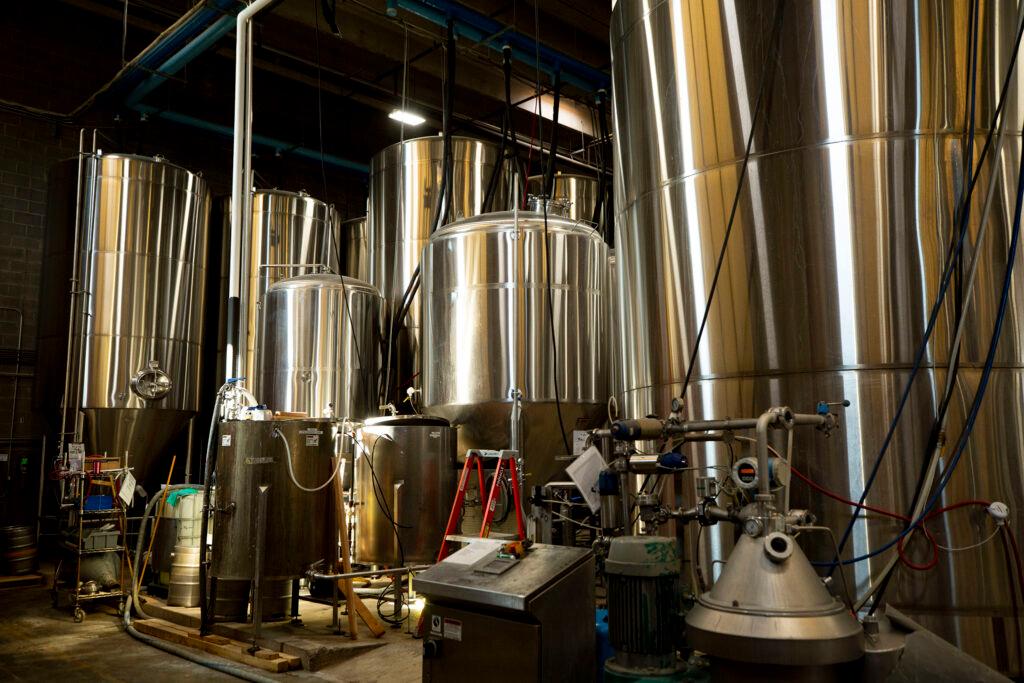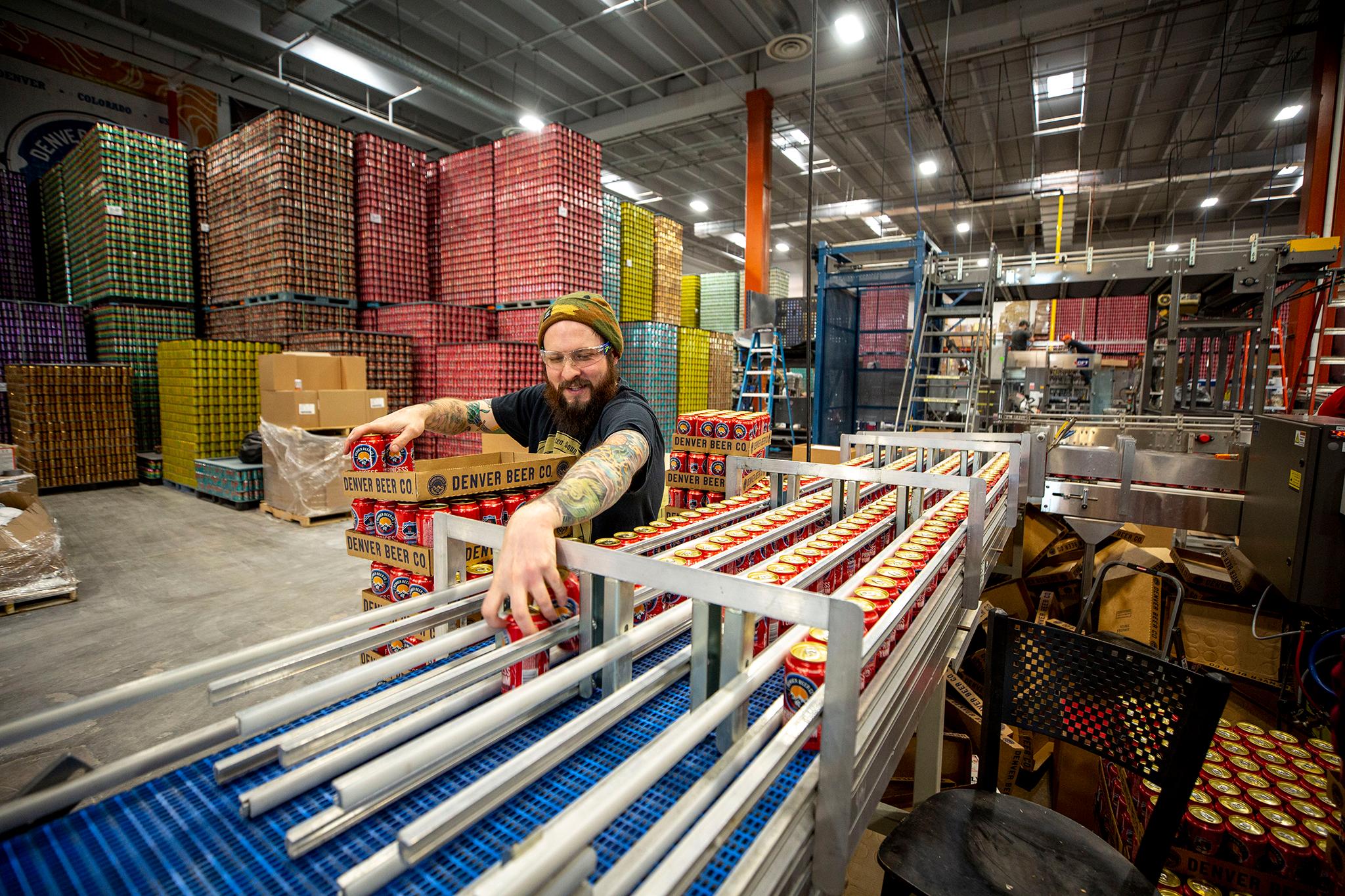
Inside the Denver Beer Company’s main production facility in the city’s Sunnyside neighborhood, pallets full of glistening aluminum cans tower over the factory operations. For much of the brewery’s history, those cans have arrived in monthly shipments from Ball Corporation’s manufacturing plant a few miles down the road in Golden.
“Ball has been a great supplier,” said Patrick Crawford, the brewery’s co-founder. “Unfortunately, they no longer want to do business with us.”
The brewery’s latest shipment of cans will likely be its last from Ball.
Next month, the Broomfield-based company plans to raise its minimum can order fivefold. The manufacturing giant made the decision due to a demand spike brought on by the pandemic, according to an email sent to hundreds of beverage makers last November.
“This environment is making it difficult for us to deliver the quality customer experience our customers expect from Ball,” the company said.
The new policy increases Ball’s minimum order from one truckload per SKU for printed cans — about 200,000 cans — to five truckloads, or roughly 1 million cans. “SKU” is retail shorthand for a specific brand, like the Denver Gold Amber Lager produced by Denver Beer Company. The SKU here would just be the amber lager, not the brewery’s full line of products. That means Denver Beer Company would need to make a separate order of 1 million cans for each variety of beer it packages.
Ball also says it will stop offering warehouse space to customers, so breweries that can't afford the larger orders are now on their own when it comes to storage.
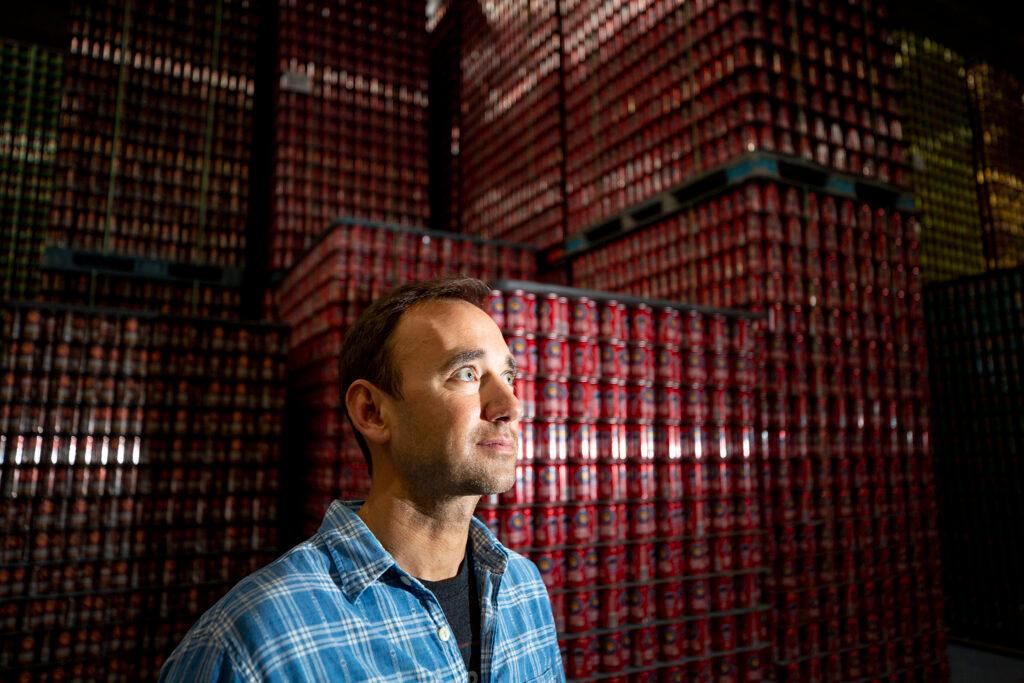
The supply chain hiccup has sent many regional brewery owners, who can’t meet the new minimum, scrambling for new sources. Ball is the only manufacturer in the state, so brewers must now look outside of Colorado. Some have turned to international suppliers.
At the same time, can prices have skyrocketed mostly due to growing consumer demand for to-go drinks and a surge in the cost of raw aluminum. Average prices for the metal soared more than 62 percent last year amid a global shortage. Some ingredients used to make beer, such as barley and fruit, have also more than doubled in price over the past year.
The situation has led many craft brewers to delay new releases and raise prices for their packaged beer, contributing to decades-high rates of inflation in Colorado and across the country.
Packaged beer prices rose just 1.8 percent year-over-year in January, according to the Bureau of Labor Statistics. But economists and brewers expect those figures to jump, especially for smaller breweries, once Ball’s new policy goes into effect in March.
“Unfortunately, consumers are getting used to seeing higher prices on a variety of goods when we go to the grocery or liquor store,” said Bart Watson, chief economist with the Boulder-based Brewers Association. “That’s what we’re going to see for most brands of beer in the first half of 2022.”
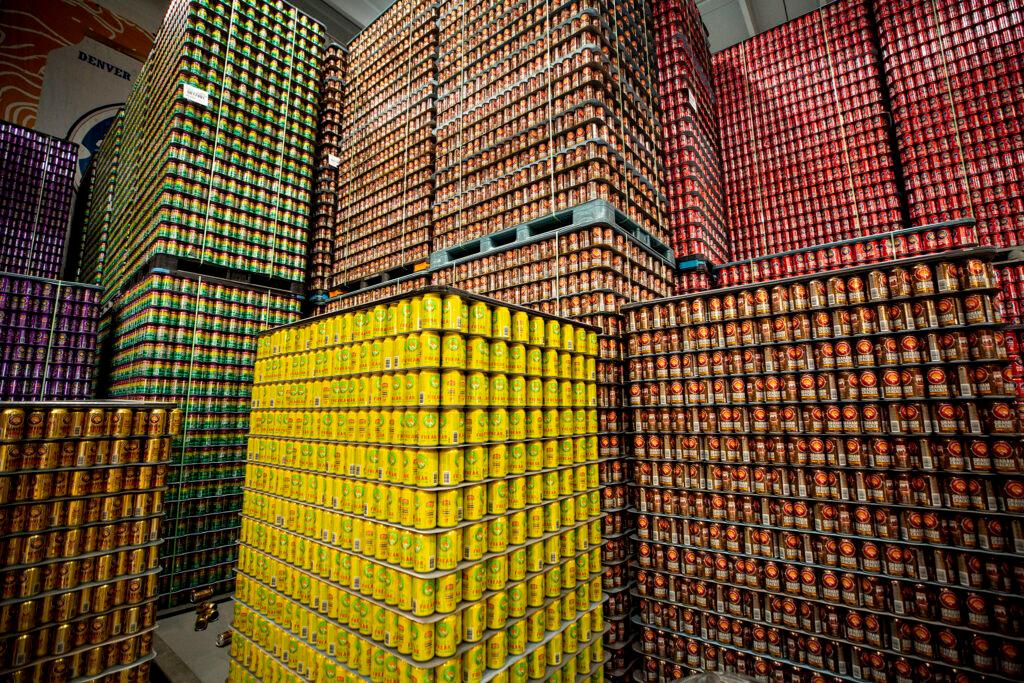
Ball didn’t respond to multiple requests for comment on the impact of its new policy.
In its November email to customers, the company said it was “making investments to bring additional capacity online.” It also offered to connect customers to other can distributors.
“In the meantime, we will remain in a tightly constrained supply environment for the foreseeable future,” the statement said.
The new policy was originally set to go into effect in January, but Ball delayed it to March amid outcry from customers, trade groups and some politicians.
Beverage makers needed more time to secure new sources of cans and adjust their prices to avoid shutting down their operations, Watson said. The Brewers Association estimates about 1,000 companies had to find new can suppliers after Ball announced its new policy.
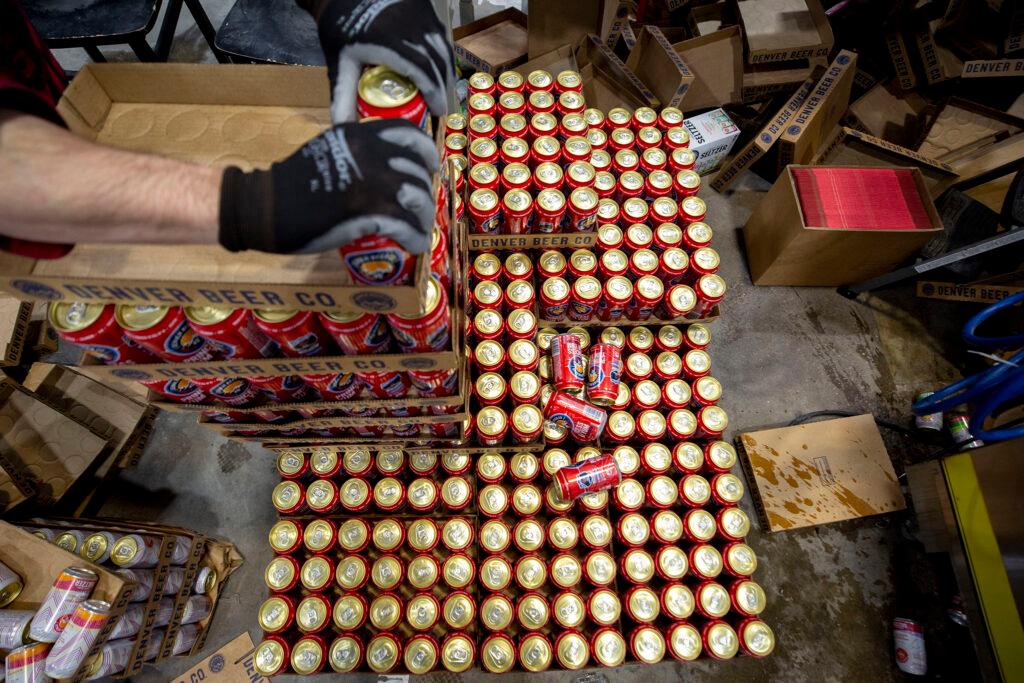
“Ball, to their credit, heard us,” Watson said. “But when you have this price increase (for cans), not to mention labor shortages and other challenges just around COVID, you know, it becomes a really difficult time for breweries to navigate the marketplace.”
Other than price increases, consumers may notice different packaging on some brands due to the influx of new suppliers, Watson said. Some brewers may opt to put their beer in glass bottles or scale back their business to taproom-only models.
Ball’s new minimum can order was way above what Denver Beer Company could afford, Crawford said. Even if he did purchase 1 million cans at time, he wouldn’t have the room to store them all in the brewery’s main warehouse.
“Having to buy our inventory up front for four years doesn’t make a lot of business sense,” Crawford said.
After receiving Ball’s email, Crawford’s staff spent several weeks frantically calling new suppliers. Last month, they found two that could help fill the gaps. One in Wyoming and another in Quebec, Canada.
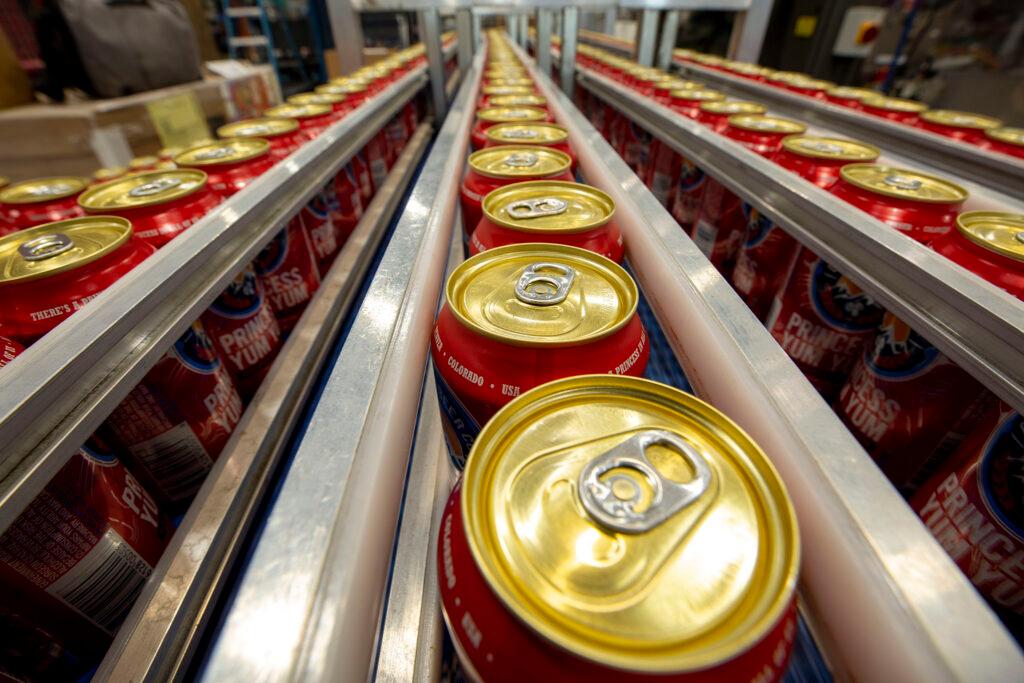
The switch will keep the brewery’s production lines moving, but it will cost his customers. Crawford’s can expenses have gone up 30 percent due to the switch, he said, a pain point that the brewery will pass along in the form of its largest one-time price increase in company history.
Many of the brewery’s six packs now cost $11.99 or $12.99 at the grocery store, up from $9.99 at the start of this year.
“This is probably the second biggest challenge we’ve ever faced behind COVID,” Crawford said. “We’ve had to raise our prices just to be a viable business.”
Rick Kane purchased a new can assembly line for his brewery, Blue Spruce Brewing Company, in Littleton in December. He spent tens of thousands of dollars on the equipment to help meet customer demand for canned to-go beer, which has soared since 2020.
Kane was in negotiations to place his first order with Ball when they announced their new minimum policy.
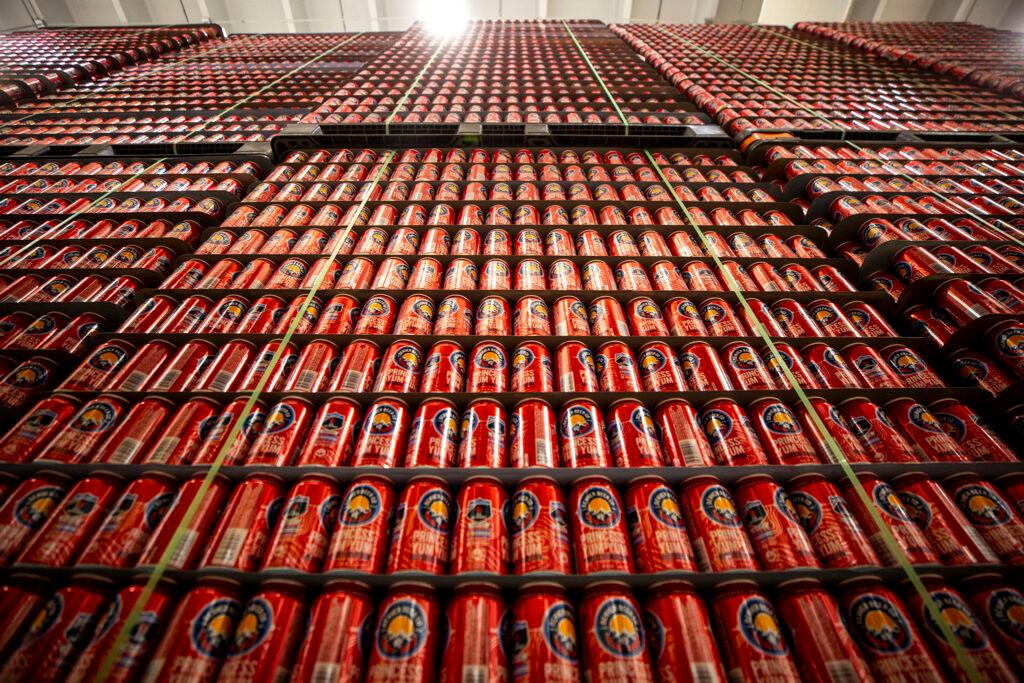
“Can you handle five trucks?” he remembers the salesperson asking him.
“Nope,” Kane said.
It took him three weeks to find a new supplier in Nebraska. The new manufacturer’s cans each cost 10 cents more than Ball’s, Kane said. And he has to pay for shipping.
Ingredient costs are also hitting him hard. His wholesaler for raw honey, the key ingredient for his brewery’s signature Honey Kolsch, doubled prices this month, Kane said.
He plans to sell six packs of his beers for around $13 this spring — way above the $10 he hoped to sell them at.
“I think you're gonna start seeing six packs for $15-plus in the liquor stores,” Kane said. “We’re stuck passing the cost onto customers and it’s gonna hurt us.”
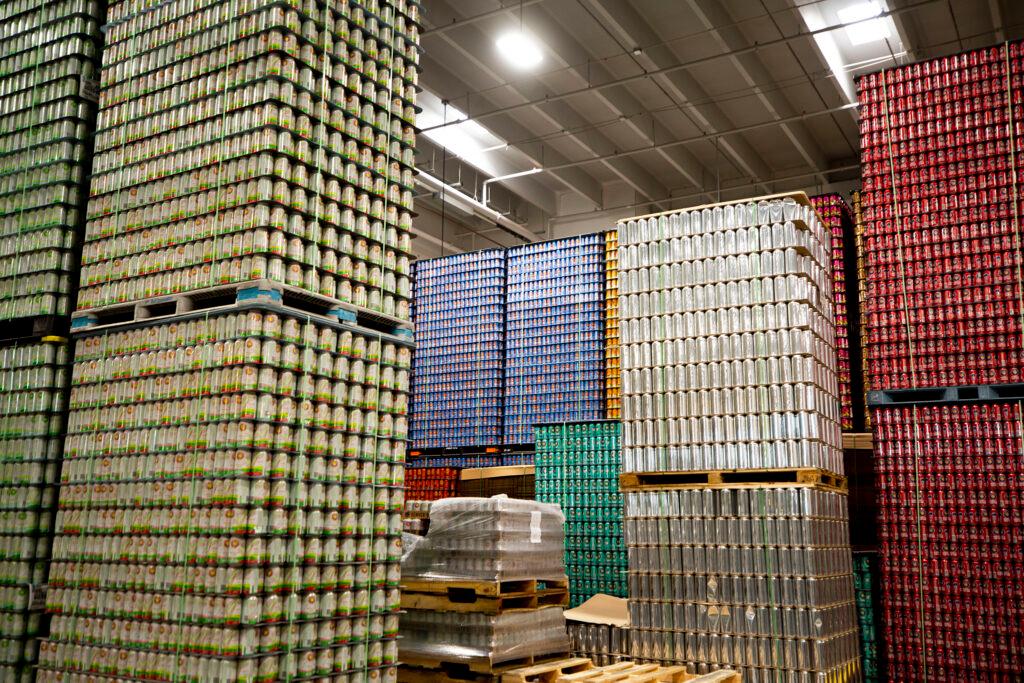
Ball’s policy change comes as many breweries look to recover from the ups and downs of the last two years. Craft beer sales nationwide fell 22 percent in 2020, according to the Brewers Association. Sales rose in 2021, but remained below pre-pandemic levels.
Javier and Jennifer Perez, co-owners of Cheluna Brewing, a family microbrewery and taproom in Aurora, had to cancel many in-person events as omicron surged earlier this winter, including the business’ fifth-anniversary party.
They leaned on canned to-go sales to help soften the blow. To keep prices stable, they laid off some staff members and both took pay cuts.
Cheluna buys cans from smaller middlemen to package beer to-go, and the Perez’ worry the Ball policy change means prices will soon go up even more for their small operation. Rising costs for everything from limes, to vanilla, to trash bags have been especially tough to swallow, Javier said.
“I think our community will be forgiving when the day comes,” Javier said. “We will eventually have to increase prices just to survive, but I don’t think they’ll penalize us.”
